Cookies on the Akorn Destination Management website
We use cookies to help you get the most from our site. If you continue without changing your settings, we’ll assume that you’re happy to receive all cookies on our site. However, you can change your cookie settings at any time.
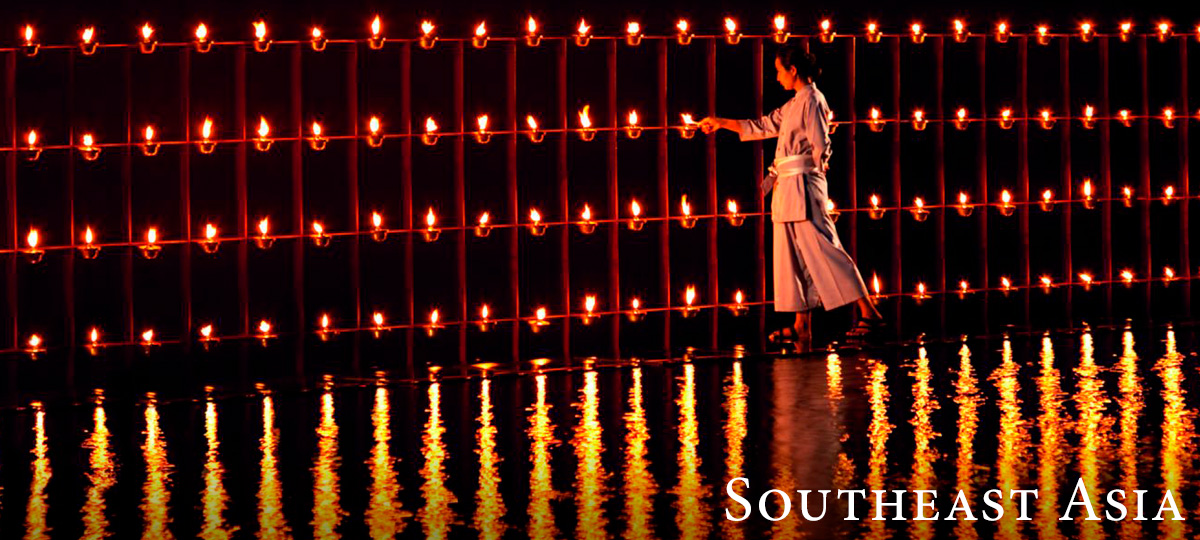
Shaping Guest Experiences: Design Trends and Expert Insights from Southeast Asia
It’s all about design this month! We compiled some hotel design trends for this year and beyond, exemplifying the industry’s commitment to creating spaces that transcend aesthetic appeal. We also sat down with celebrated architect Bill Bensley to chat about his design journey, thoughts on sustainability and why he wants his creations to have a purpose. Lastly, our curated list of Top 5 Designer Hotels in Southeast Asia showcases some of the region's most stylish and innovative accommodations.
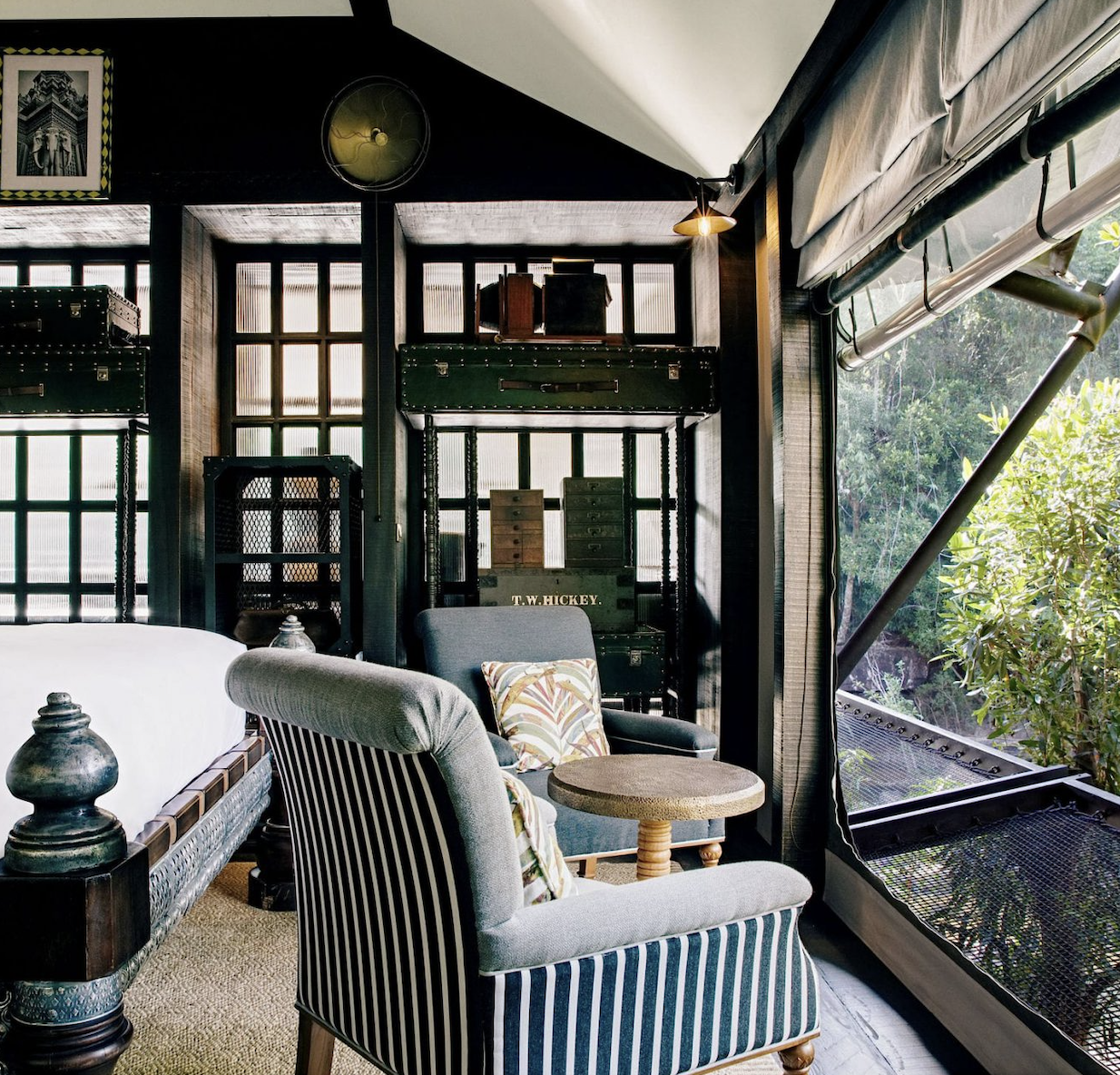
Evolving Hospitality: 2024 Hotel Design Trends
Great design enhances functionality and aesthetics. As we step into 2024, design teams worldwide are sharing their insights and weighing in on what to expect in modern hotel design. The trends we have compiled reflect the evolving landscape of hospitality and aim to address the ever-changing needs and desires of guests. From technology integration to the thoughtful inclusion of pet-friendly spaces and sustainability practices, these key design considerations exemplify the industry’s commitment to creating environments that transcend aesthetic appeal.
1. Integrating Technology
With the rise of AI, smart room controls, contactless check-in/out, solar-powered facilities and personalized experiences through mobile apps, the integration of technology will increasingly enhance guest convenience and comfort.
2. Providing Flexible Spaces
Devoting multi-functional and adaptable areas that meet diverse guest needs, from co-working spaces to customizable event venues, will be a key focus in hotel design.
3. Blending Local Arts, Culture and the Environment
Hotels will incorporate indigenous art, local craftsmanship and cultural motifs into their design, fostering an authentic and immersive guest experience that will make them feel closer to nature. There will also be a heightened focus on supporting local communities, minimizing environmental impact and championing cultural preservation.
4. Promoting Inclusivity
Designing spaces accessible to all guests, including those with disabilities, will foster inclusivity and ensure that every individual can fully enjoy their stay.
5. Highlighting Wellness
To cater to health-conscious travelers, a holistic approach to wellness-focused design will be reflected in spa-inspired bathrooms, meditation areas and other fitness facilities to rejuvenate the mind, body and soul.
6. Embracing Minimalism
There will be a strong emphasis on minimalist designs, characterized by clean lines, neutral color schemes and the use of high-quality materials, along with handcrafted artisanal furnishings.
7. Creating Pet-Friendly Areas
In response to the growing demand from pet owners who face challenges when traveling with their “furbabies,” dedicated pet areas will address the need to ensure the comfort and safety for both humans and pets.
Contact us to assist you with your plans or provide you with other touring recommendations.

The Whimsical World of Bill Bensley: Designing with a Purpose
Our team recently chatted over lunch with seasoned traveler, sustainability savant and globally acclaimed hotel architect, Bill Bensley. From the quirky to the luxurious, his distinctive brand of aesthetics made him a prominent figure in the realms of architecture and interior design for over three decades. Having designed numerous hotels for Akorn's portfolio and serving as the founder of the esteemed firm BENSLEY, Bill has contributed his creative vision to 200+ hotels and resorts across 30 countries. Join us as we explore his fascinating journey from Orange County to the tropical landscapes of Southeast Asia, in this unfiltered tale of imagination and creativity.
Q: How and where did your design journey begin?
A: It started when I studied Landscape Architecture, and after graduating from Harvard, I went backpacking in Asia in 1984. I first arrived in Malaysia then hitchhiked my way to Singapore, where I landed a design job. Next thing I know, I was on a plane to Bali to work on a project. I was like, “Okay, I can do this.” I literally had four or five dollars in my pocket but was given $200 in advance for that project. Wow, that was huge back then. I moved to Bangkok permanently in 1989 when I was 29 years old.
Q: What’s your favorite part of designing a project? How do specific destinations influence your designs?
A: What I really like are two things at the beginning—if it's a new place, I need to do research and find stories. It's all about living on the site. Oftentimes, I'll put up a tent and stay there overnight, then start to draw on the site itself. This gives me inspiration and knowledge on where to take the project. The more time that you spend on a site, the more you understand the idiosyncrasies. Where are the little valleys? How's everything draining? Sometimes, there might be a tree that's hidden, sometimes there might be an outcrop of rocks that are particularly beautiful. You look at it from the back side, not where the trail goes by. The more time you spend on it, really looking and using your eyes and sketching, the more you see things. I rarely take photographs, but I sketch a lot. It all starts with a sketch.
Q: Did you ever feel any limitations on creative freedom with certain projects?
A: That's a good question. The biggest part of my job, I think, is listening and really looking at every aspect of the project. It's about being able to listen to everybody and making sure that everyone has their say. Then I'll go away, maybe for three months, and come back with ten times this table full of drawings so that nobody can say anything. This usually happens if you've really listened to their ideas and incorporated even the tiny elements.
Q: You wrote the white paper, “Sensible Sustainable Solutions.” How did sustainability shape your design philosophy?
A: Sustainability is the heartbeat of most of our projects—we don't just work with eco-friendly materials, but we also design in a way that has less impact on the environment. That white paper I wrote, I sent it to about 600 hotel companies and it received a lot of positive feedback. This was maybe six years ago when sustainability was just gaining attention. Now, I'm really keen on renovations as opposed to new builds. It takes someone who has a real love for old buildings, because sometimes it's much more expensive to renovate than it is to construct something new. I think that's one of the biggest challenges, as people tend to prefer spending money on a flashy new building. It's important to have renewable resources, especially in tropical climates and countries. I think bamboo is as sustainable as it gets. We can use it within five years, and nowadays, people know how to treat it properly. I'm currently working on a ski resort in Hokkaido, and it's 100% CLT (cross-laminated timber), all plantation-grown in Japan.
Q: We’ve read about a foundation in Cambodia that you’re involved in. Can you tell us more about it?
A: Shinta Mani Foundation, a non-profit organization, is dedicated to uplifting Cambodian communities through a variety of initiatives. The Foundation was initiated by my dear friend and business partner, Sokoun Chanpreda, one of the kindest individuals I know. He established the Foundation to support Cambodia as it recovered from the devastation caused by the Khmer Rouge. I joined Sokoun to build a school to train young Cambodians in hospitality, providing them with free education and stipends to help support their families while studying. It provides vocational training in the hospitality industry to students and paves the way for secure employment opportunities. In my lifetime, I want to really concentrate on a small portion and make a significant impact, as opposed to jumping around doing many different things. I started this in Cambodia 20 years ago, and that's where I plan to finish. We have a small school with 20 students per year, and our goal is to help these individuals become self-sufficient through education and housing.
Q: Aside from traveling as one of your passions, what else do you like to do in your free time? How do you find the time to read, paint and pursue other interests?
A: I have a basketball court in my new house. And I'm doing a penthouse in Manila now, so I often stay at Shangri-La, where they have a gym with a big, beautiful indoor basketball court. I love that place. I'll also tell you why I read so much now—it's because I'm into audiobooks. I listen to audiobooks while I'm painting; it’s very meditative. I don't just read; sometimes I listen to music, but most of the time, I'm playing an audiobook so I can get through books quickly. I've also read some Atwood. Read “Oryx and Crake” by Margaret Atwood. That's the best one she's ever written.
Q: What’s next for Bill Bensley? Any upcoming projects?
A: There’s always something fabulous on the drawing boards at BENSLEY. We’re currently working on Kozala Zamba in the Republic of the Congo. Inspired by Shinta Mani Wild, we’re building four tiny camps with a light footprint — only four rooms each. These elevated retreats, crafted from local materials, allow forest elephants and other wildlife to roam freely beneath.
We’re also creating a 400-year-old sandstone palace on the shores of the romantic Pichola Lake — The Ritz Reserve Palace of Pichola Lake in Udaipur, Rajasthan. Here, nothing is prefabricated, plastic or polished. Everything is made by hand as it always has been.
If you have guests traveling to Bangkok who are interested in art, we can arrange for them to visit our office for a tour. We also have Estancia Botanica in Chiang Mai, inspired by our favorite country, Mexico. We've built a Mexican house with a twist, using over a hundred pieces of architecture salvaged from all over the world. All the columns, doors and windows are over a hundred years old, and there are verandas surrounding the house.
I’m thrilled to showcase these timeless creations to travelers from around the world. I'm indeed a very lucky designer!
Inspired by Bill Bensley’s creative journey? Consult with our team of destination experts now for design and arts-related excursions in Thailand and in the region.
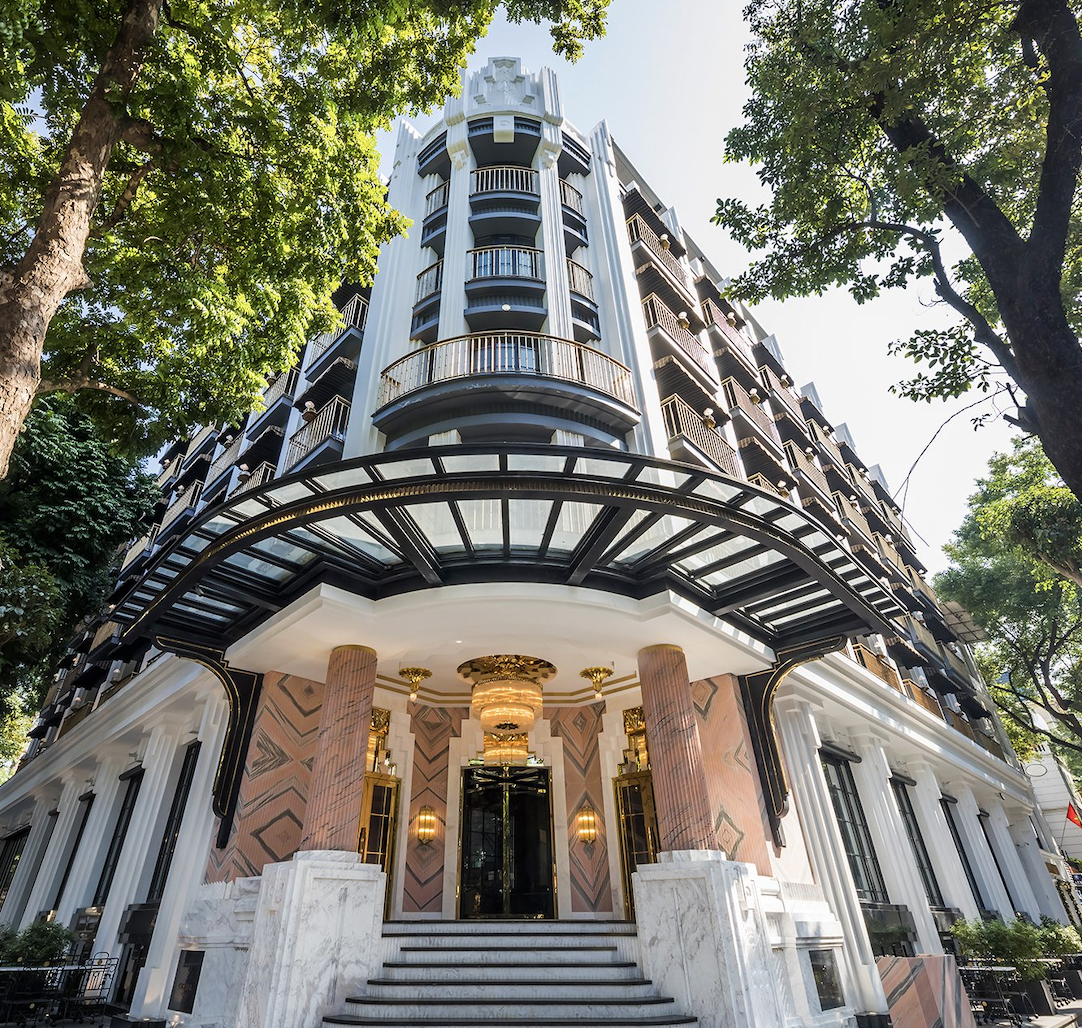
Top 5 Designer Hotels in Southeast Asia
For design aficionados who are always on the lookout for properties that raise the design bar, check out our list of the region’s top design-led hotels that are making the ordinary extraordinary. This collection was compiled, in no particular order, and curated by our team as some of the most stylish in Southeast Asia.
Capella Hanoi | Vietnam
Inspired by the glamour of opera houses from the 1920s, Capella Hanoi is a masterpiece of sophisticated luxury and elegance. The hotel’s design, created by architect Bill Bensley, features intricate detailing and artistic touches that pay homage to Hanoi’s rich cultural heritage and French colonial history. Each of the 47 rooms and suites is uniquely themed, adorned with bespoke furnishings and complemented by original artworks that evoke the bygone era of opera. The grand, opulent interiors are accentuated by high ceilings, lavish drapery and period-style decor, offering an immersive experience of historical charm and modern comfort.
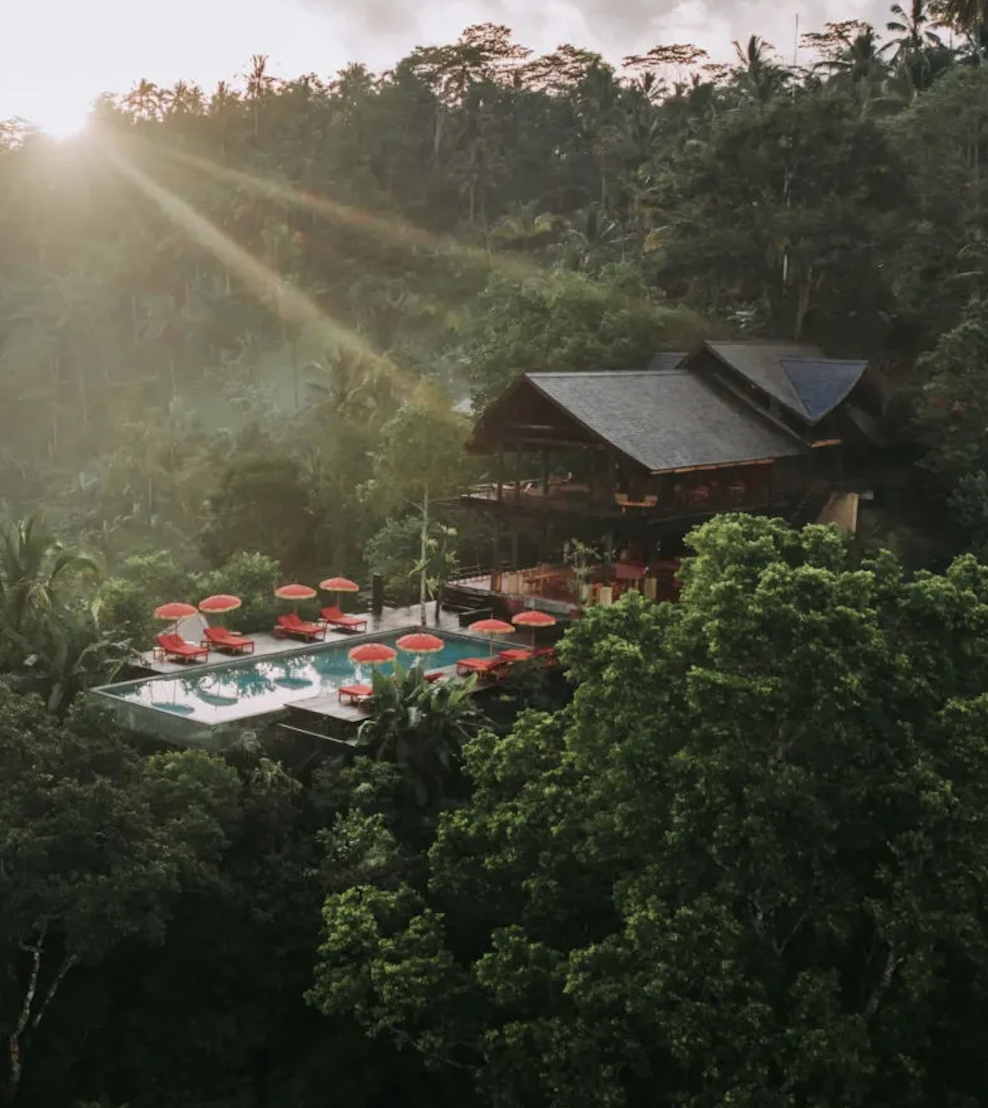
Buahan, a Banyan Tree Escape | Indonesia
Buahan, a Banyan Tree Escape, is an extraordinary resort nestled in the verdant jungles of Bali, Indonesia. The resort’s architecture is a celebration of open-concept living, designed to immerse you in the natural beauty of the surroundings. The villas feature no walls or doors, allowing for an unobstructed connection with nature. Crafted from sustainable materials, its design emphasizes harmony with the environment, with expansive decks, luxurious furnishings and seamless transitions between indoor and outdoor spaces.
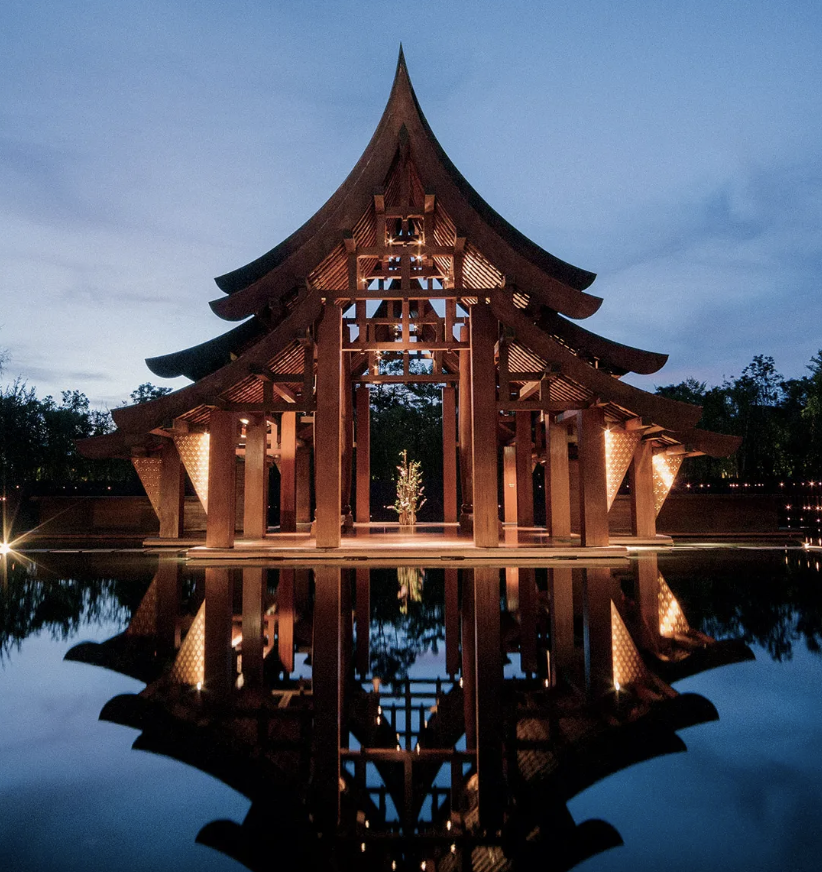
Phulay Bay, A Ritz Carlton Reserve | Thailand
Phulay Bay is a luxurious retreat located on the shores of the Andaman Sea in Krabi, Thailand. The resort’s architecture is a stunning combination of traditional Thai design and contemporary elegance. With its grand pavilions, intricate woodwork and expansive open spaces, Phulay Bay exudes a sense of serenity and grandeur. The spacious villas and pavilions are adorned with handcrafted furnishings, rich textiles and vibrant colors, creating a balance between opulence and comfort. Its infinity pools, lush gardens and panoramic sea views enhance the resort’s tranquil and luxurious ambiance.
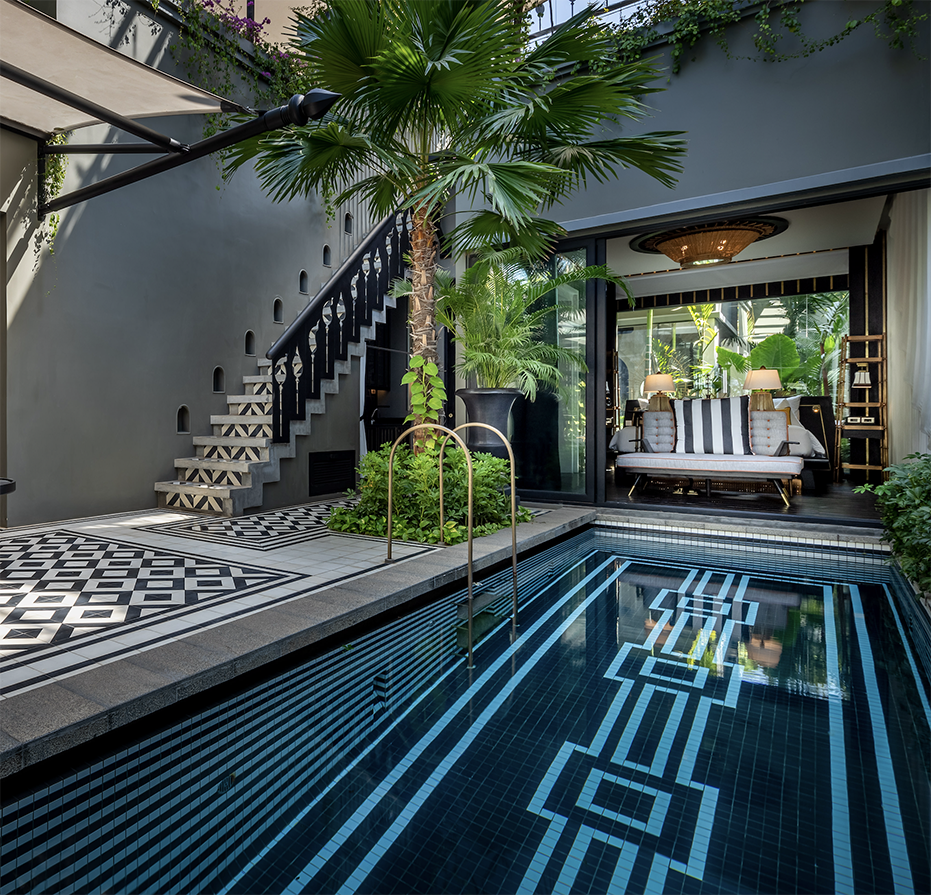
Shinta Mani Angkor and Bensley Collection Pool Villas | Cambodia
Shinta Mani Angkor and Bensley Collection Pool Villas is a sophisticated and intimate luxury hotel located in the heart of Siem Reap, Cambodia. Designed by Bill Bensley, the property features a unique blend of Khmer-inspired design and modern elegance. The villas are set within lush private gardens and boast stunning architectural details such as intricate carvings, vibrant textiles and elegant furnishings. Each villa is a sanctuary of privacy and luxury, with private pools, spacious living areas and personalized butler service.
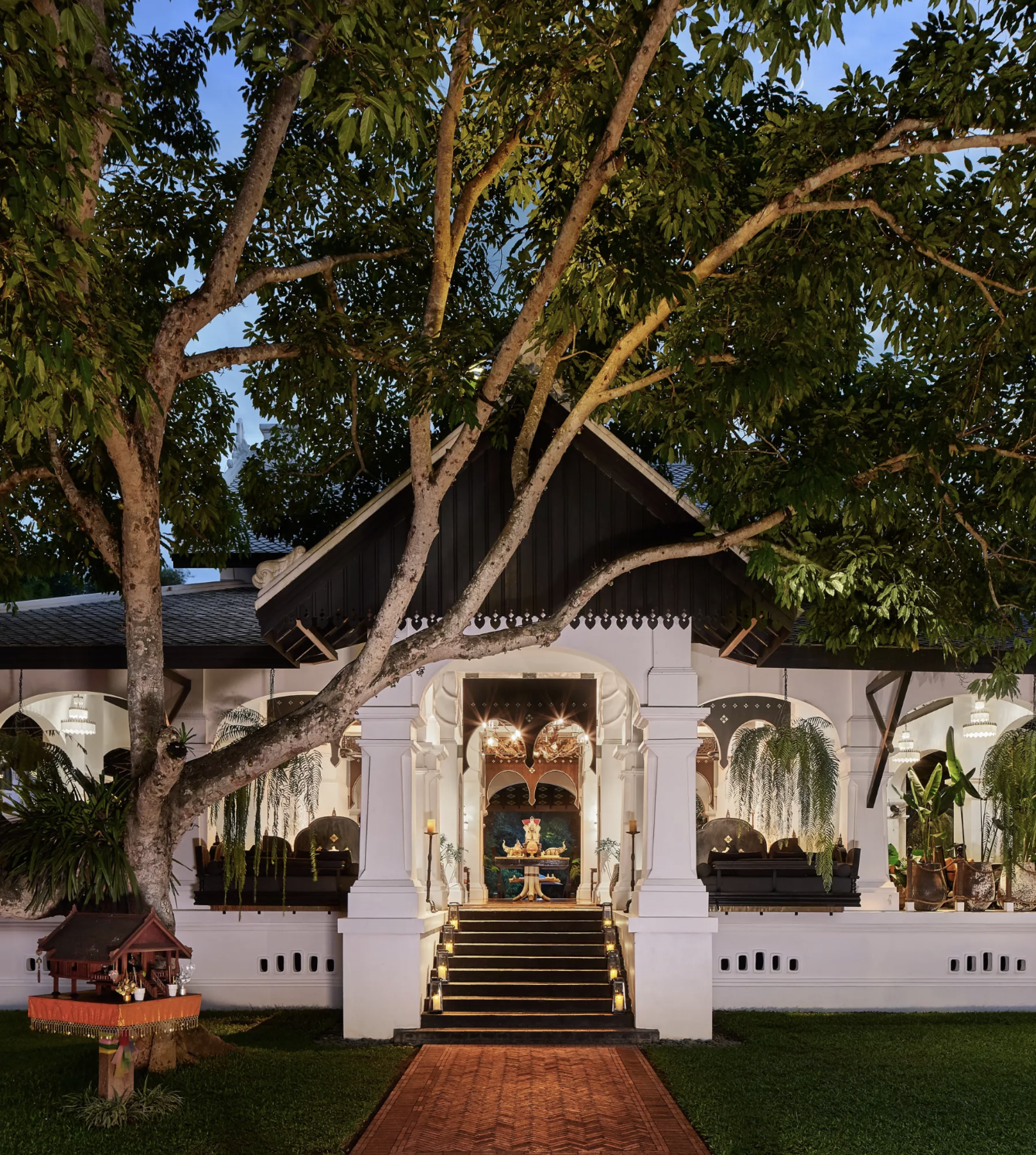
Rosewood Luang Prabang | Laos
Rosewood Luang Prabang is a serene sanctuary set amidst the lush forests and quiet rivers of northern Laos. The resort blends traditional Laotian architecture with French colonial influences, creating an enchanting escape that celebrates the region’s natural beauty and cultural heritage. The property features luxurious villas, tents and suites, each meticulously crafted with locally sourced materials, traditional motifs and artisanal craftsmanship. The open-air designs, bamboo structures and flowing water features seamlessly integrate with the surrounding landscape, offering an authentic and immersive experience.
Click the links below for more Akorn Southeast Asia travel ideas or contact us for personalized recommendations in Southeast Asia.
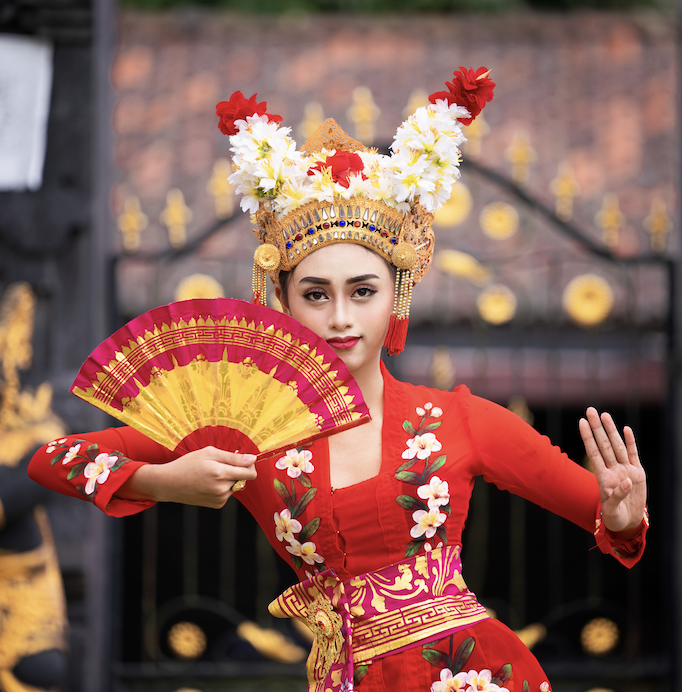
Regional News
• Vietnam ranks third in the list of the most popular Asian destinations for European visitors based on accommodation searches on the Agoda digital travel platform
• Thailand pushes its success as a film location at Cannes Film Festival with over 800 foreign filmmakers expressing interest in the Land of Smiles
• All foreigners arriving in Singapore, regardless of nationality, can now use automated lanes at Changi Airport without prior enrollment
• Bali Arts Festival celebrates the arts and culture of Bali from 15 June–13 July 2024 with daily performances, handicraft exhibitions and other cultural activities
• Thailand’s LGBT+ community celebrates Pride Month in June, with events held at various locations around the country including Bangkok, Chiang Mai and Phuket.
• The 12th Phnom Penh International Half Marathon 2024 will take place on 16 June 2024, as a celebration of the Cambodian Queen Mother’s 88th birthday
• The Lao-Thai train prepares for its official opening, with trial runs of trains from Thanalang station to Vientiane, and trials from Udon Thani–Nong Khai–Thanaleng–Vientiane
----------------------------------
Do you have a travel colleague who would find our newsletter and updates useful? Please send them our sign-up link here.
----------------------------------
For more information about anything you have seen in this newsletter, contact us:
Looking for more INSIDER news, ideas and travel information?
  Akorn Southeast Asia Insider Get soaked in the “world’s largest water fight” as we unveil noteworthy experiences and helpful tips in our Insider’s Guide to celebrating Songkran 2024. Join our conversation with Chumpol Chantaloon, Rayavadee’s General Manager, as he shares the resort's journey from embodying local traditions to sophistication. Lastly, discover our Top 5 Unforgettable Railway Journeys in the region.
|
 Akorn Southeast Asia Insider We dive into the realm of travel resolutions and explore the ever-changing landscape of sustainability in hospitality in our Q&A session with Six Senses Con Dao’s General Manager, Johannes Steyn. We also unveil our top 5 must-visit destinations in Southeast Asia for this year and beyond.
|
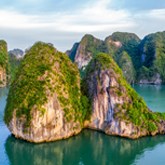 July 2023 We take a closer look at Ha Long Bay and Lan Ha Bay in Vietnam, delving deeper into their similarities and differences which have been a source of confusion in the past. We also share our Favorite Private Yachts in Thailand. In an exclusive interview, we sat down with Rob Rankin, Akorn Vietnam’s Country Manager, to discuss the future of luxury travel in the country. Finally, get your cameras ready as we give the lowdown on our top “Instagrammable” spots in Southeast Asia. |
- Share us on
- © Abercrombie & Kent Ltd. All rights reserved
- About
- Privacy Notice
- Cookie Policy
- Terms of Use
- Data Processing Agreement
